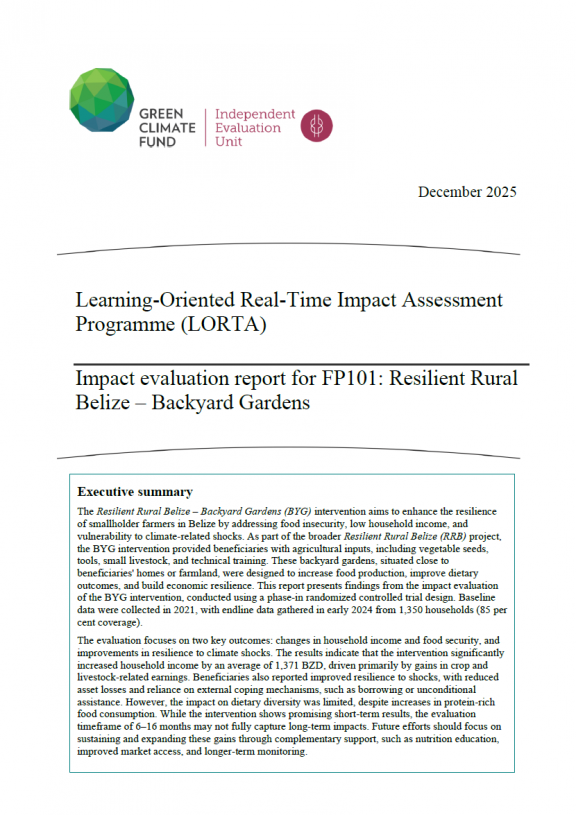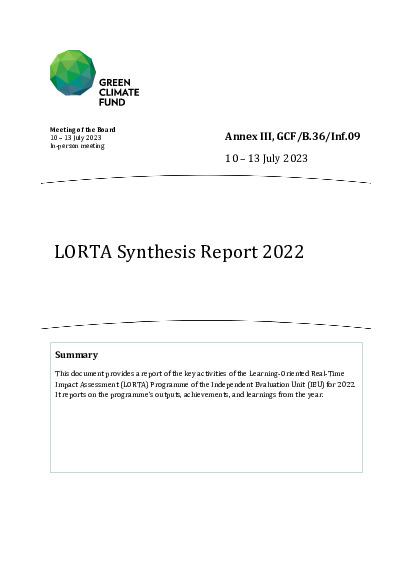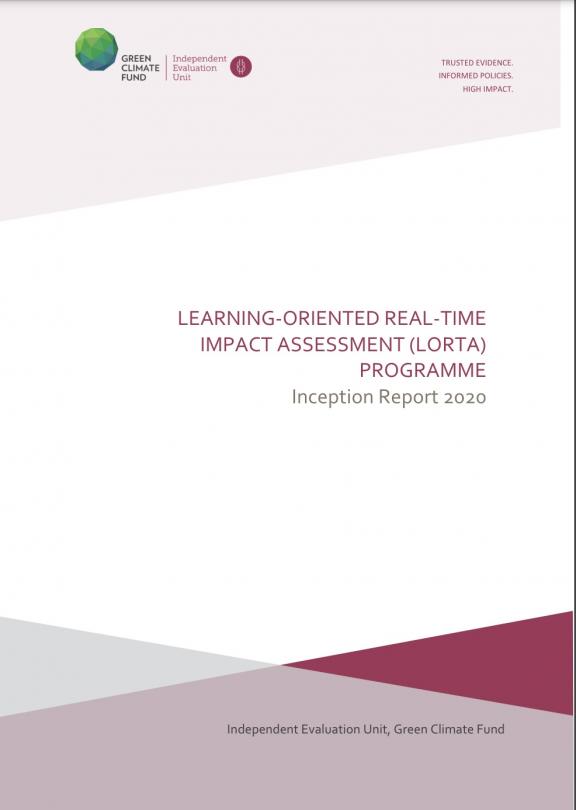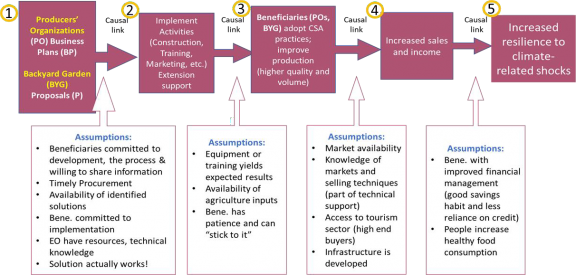FP101
Resilient Rural Belize (Be-Resilient) (RRB)
Resilient Rural Belize (Be-Resilient) (RRB)
Value chain development and Food security: We conducted two impact evaluations under this project. The first evaluates the impact of matching grants on the sales and income of producer organisations and associated members. The second one measures the impact of a backyard garden initiative to increase rural households' food security and their capacity to cope with climate change. Smallholder producers generally lack the resources and the capacity to improve their production and sell their products in markets. This project, implemented by the International Fund for Agricultural Development (IFAD) offers matching grants to producer organizations to fill these gaps. The evaluations focus on analyzing the effectiveness of matching grants in strengthening value chains and enhancing the capacity of rural producers to adapt to climate change.
-
TopicAgriculture & adaptive livelihoods
-
Project componentClimate Resilient Value Chain Development
-
Impact evaluation designDifference-in-Difference (DiD)
Propensity Score Matching (PSM)
Randomised Control Trial (RCT)
-
Target beneficiaries30 producer organizations and at 300 members (50 % women) for Matching grants / 1595 households for backyard garden
Timeline
Onboarded to LORTA
Nov 2020
Baseline data collected for matching grant fund evaluation
Mar 2023
Endline data collected for backyard garden evaluation
Jan 2024
Expected date for endline data collection for matching grant fund evaluation
Sep 2024
Expected date for endline report for backyard garden published
Sep 2024
Expected date for endline report for matching grant fund evaluation
Mar 2025
One region
- Latin America and the Caribbean
One country
- Belize
Reports

Impact evaluation report for FP101: Resilient Rural Belize – Backyard Gardens
10 Dec 2025
This impact evaluation, based on a phase-in randomized controlled trial, draws on baseline data collected in 2021 and endline data gathered in early 2024 from 1,350 households (representing 85 per cent coverage). It examines the programme’s effectiveness in improving household income and food security, as well as strengthening resilience to climate shocks. The findings show that the intervention increased incomes by an average of 1,371 BZD and strengthened resilience to climate shocks, with households reporting fewer losses and reduced reliance on external coping strategies.

LORTA Synthesis Report 2022
19 Jun 2023
This document provides a report of the key activities of the LORTA Programme for 2022. It is Annex III of a report of the key activities of the Independent Evaluation Unit (IEU) for the period of 1 January to 30 April 2023. It reports on the IEU’s outputs and achievements in line with its Board-approved work plan for 2023.

LORTA Inception Report 2020
15 Dec 2020
The 2020 inception report for the Learning-Oriented Real-Time Impact Assessment (LORTA) programme by the Independent Evaluation Unit (IEU) of the Green Climate Fund (GCF) outlines the continued efforts to integrate real-time impact evaluations into GCF projects. It details the methodologies used, progress made, and lessons learned from the impact evaluations conducted during this period.
Impact
Early findings from LORTA's baseline data collection for FP101 are expected to be released later this year.
To be shared at a later date.
To be shared at a later date.
Details
Project FP101 will increase the resilience of smallholder farmers in Belize to climate change impacts that have negative consequences on agricultural yields of important commodities for the country by developing climate-proof selected value chains (six vegetables, one fruit, and bee keeping) of smallholder farmers, which strengthen economic stability and resilience. The project will also increase access to markets through the rehabilitation of critical infrastructure. It will deploy grant awards, on-lending mechanisms and work with producers’ organizations and local communities to meet their needs in addressing the impacts of climate change.
A flow chart for GCF Project FP101 – Resilient Rural Belize
The main objective of the Resilient Rural Belize project is to introduce climate resilient agricultural practices that will allow smallholder farmers to have a sustainable production process and improved market access for their produce under the stress of climate change and extreme climatic events. LORTA’s impact assessment focuses on evaluating Component 1 of Project FP101, which addresses climate-resilient value chain development.